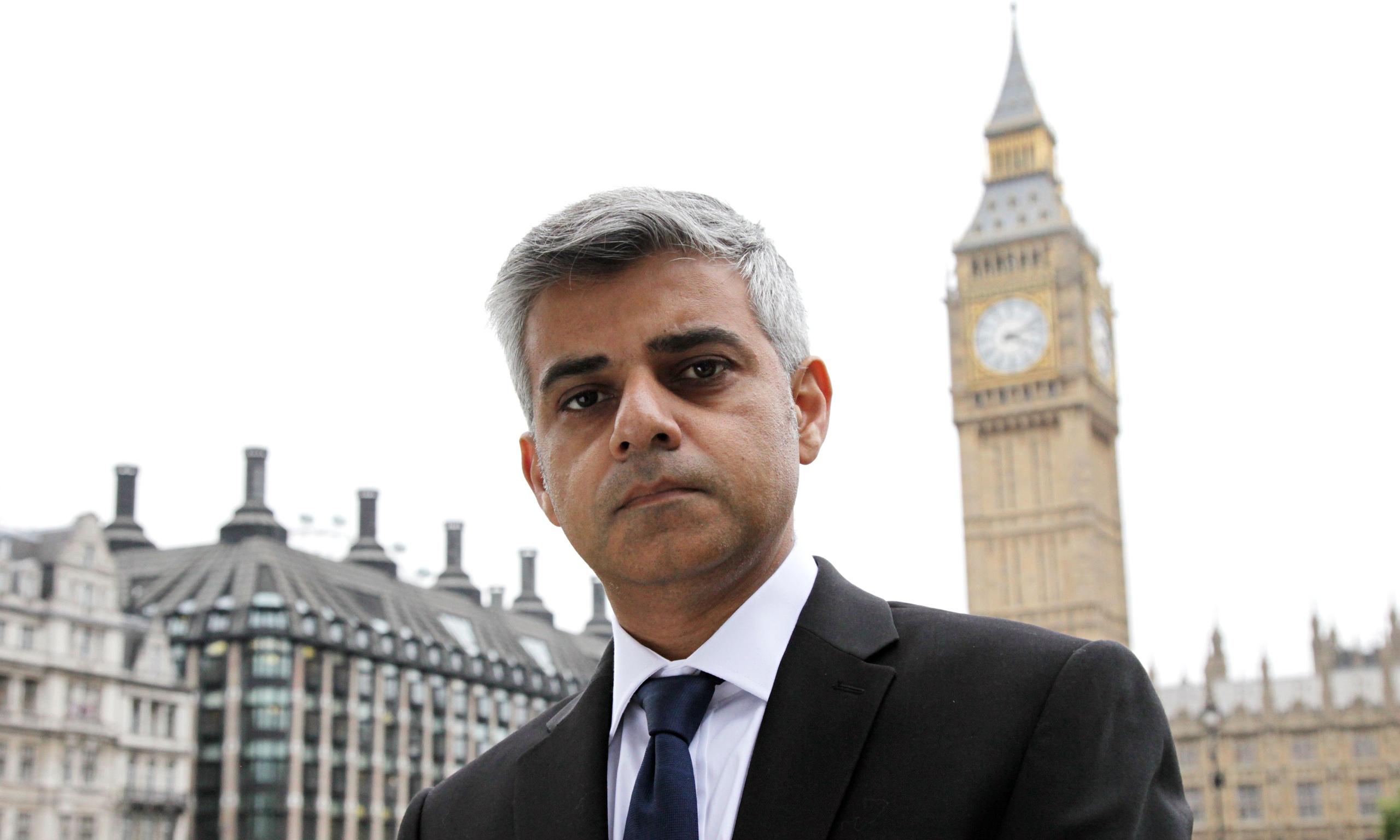or forced to become a Muslim, according to Christian groups with ties in Iran.
There has been much confusion about the case, with some earlier news reports in the American Christian press saying the man had been freed. Actually, his case was sent back to a lower court for further investigation.
The court-ordered investigation will take place sometime this fall to determine whether Pastor Yusef Nadarkhani, 34, was a Muslim as a teenager before he became a Christian at 19, according to Compass Direct News, a Christian news service based in California.
On September 22, 2010, a court sentenced Nadarkhani, who leads a 400-strong house church movement in Rasht, to death by hanging for “converting to Christianity” and “encouraging other Muslims to convert to Christianity.” Nadarkhani’s lawyer appealed the verdict to the Iranian Supreme Court, in part because the pastor said he had never actually been a Muslim and therefore could not be found guilty of abandoning the religion.
The court issued a written response to the appeal on June 12 ordering the investigation. But the initial reports of the decision were garbled and confused.
It took a month before the actual written ruling was obtained by human rights groups outside Iran. Compass reports the ruling said that, according to the Islamic Republic’s criminal law, the matter must be “further investigated to prove that from puberty [15 years] to 19 he was not Muslim by his acquaintances, relatives, local elders and Muslims he frequented. He must repent for his Christian faith, if this is the case. No research has been done to prove this; if it can be proved that he was a practicing Muslim as an adult and has not repented, the execution will be carried out.”
Even if the investigation clears him of the charge of apostasy, the charge of evangelizing Muslims will likely carry a lengthy prison sentence, Iranian sources told Compass.
The charges against Nadar-khani stem from a complaint he made to local officials over a government decision to teach Islam to all children at school, regardless of their respective religions. He was called to appear before a tribunal on October 12, 2009, and arrested the same day. He has been held in government custody since then.
Jason DeMars, president of Present Truth Ministries, a group that works with Christians in Iran, told Compass that officials have repeatedly used pressure tactics to force Nadarkhani to become a Muslim, including threats to seize his children and arresting his wife on apostasy charges. On June 18, 2010, officials found his wife, Fatemeh Pasindedih, guilty of the charges, but her conviction was stricken on appeal, and she was released last October.
Nadarkhani has had run-ins with Iranian officials before. In December 2006, he was arrested on other apostasy-related charges and held for two weeks. Officials have targeted Nadarkhani, DeMars said, because he leads a house church movement.
It is unclear how officials will conduct the investigation into Nadarkhani’s spiritual beliefs of almost 20 years ago. Both of his parents are deceased.
Contrary to popular belief, there is no Iranian criminal statute providing for the execution of those who abandon Islam.
According to DeMars, the judges who issued the ruling appear to be relying on at least one fatva, or religious edict, written by the Ayatollah Ruhollah Khomeini, leader of the 1979 revolution, and on edicts issued by Grand Ayatollah Nasser Makarem-Shirazi, a very conservative current cleric.
The last person known to have been executed for apostasy was Hossain Soodmand, who was hanged December 3, 1990. Soodmand’s case has parallels with Nadarkhani’s. Soodmand was also a pastor, and he also became a Christian as a teenager. Soodmand however, was determined to have believed in the Islamic faith before becoming Christian.
According to last year’s report by the US Commission on International Religious Freedom (USCIRF), the Iranian government last year launched another in a series of crackdowns on evangelical Christians. Arrests started in June, and by the time the report was released in April of this year, more than 250 Christians had been “arbitrarily arrested” throughout Iran, the commission said.
“In cases involving offenses based on religious belief, Iranian authorities typically release prisoners, but leave the charges against them or their convictions in place in order to be able to threaten them with re-imprisonment at any future time,” the USCIRF report said.
Among the most widely known Christian arrests in Iran were those of Maryam Rostam-pur and Marzieh Esmailabad. The two converts were arrested March 5, 2009, after officials raided their apartments and seized Bibles and other religious materials. The two women were held eight months in Evin Prison until they were temporarily released awaiting trial. In May 2010, they were cleared of the charges but instructed to refrain from any further Christian activity. They have since left Iran.
Iran’s harassment of Christians is chiefly aimed at evangelical groups that are seeking converts. Most Christian churches in Iran are ethnically-based, like the Armenian Christians, and do not seek converts. They face some restrictions, but nothing on the scale of the hostility to evangelicals.
DeMars said, “It is usually [evangelical] leaders that are singled out, but often new Christians are harassed by being arrested, interrogated, etc. They have even beaten and tried to kidnap pastors in the past. There have been pastors who were arrested, then released and never seen or heard from again. Sometimes their body parts are found in different places.






















